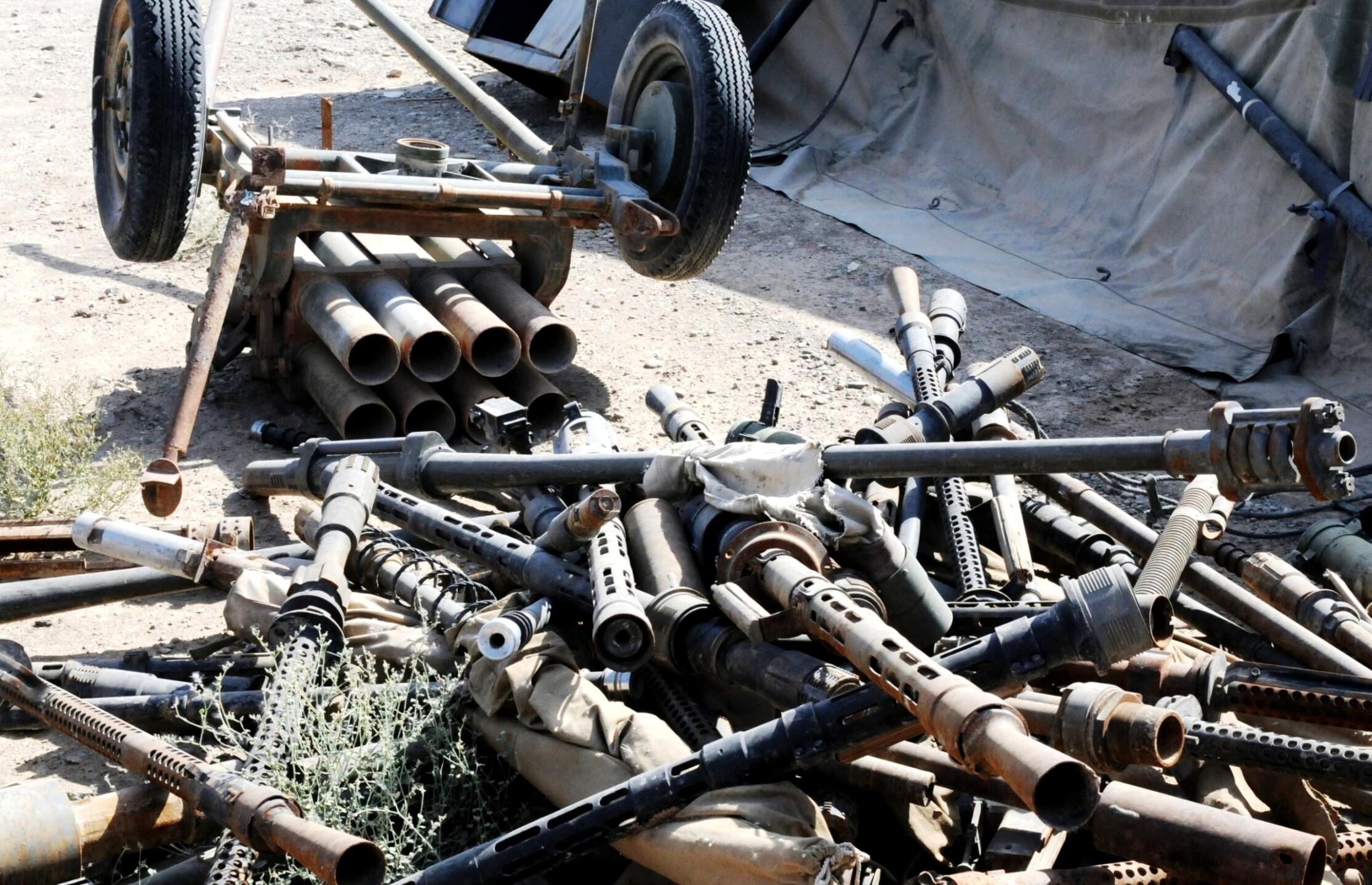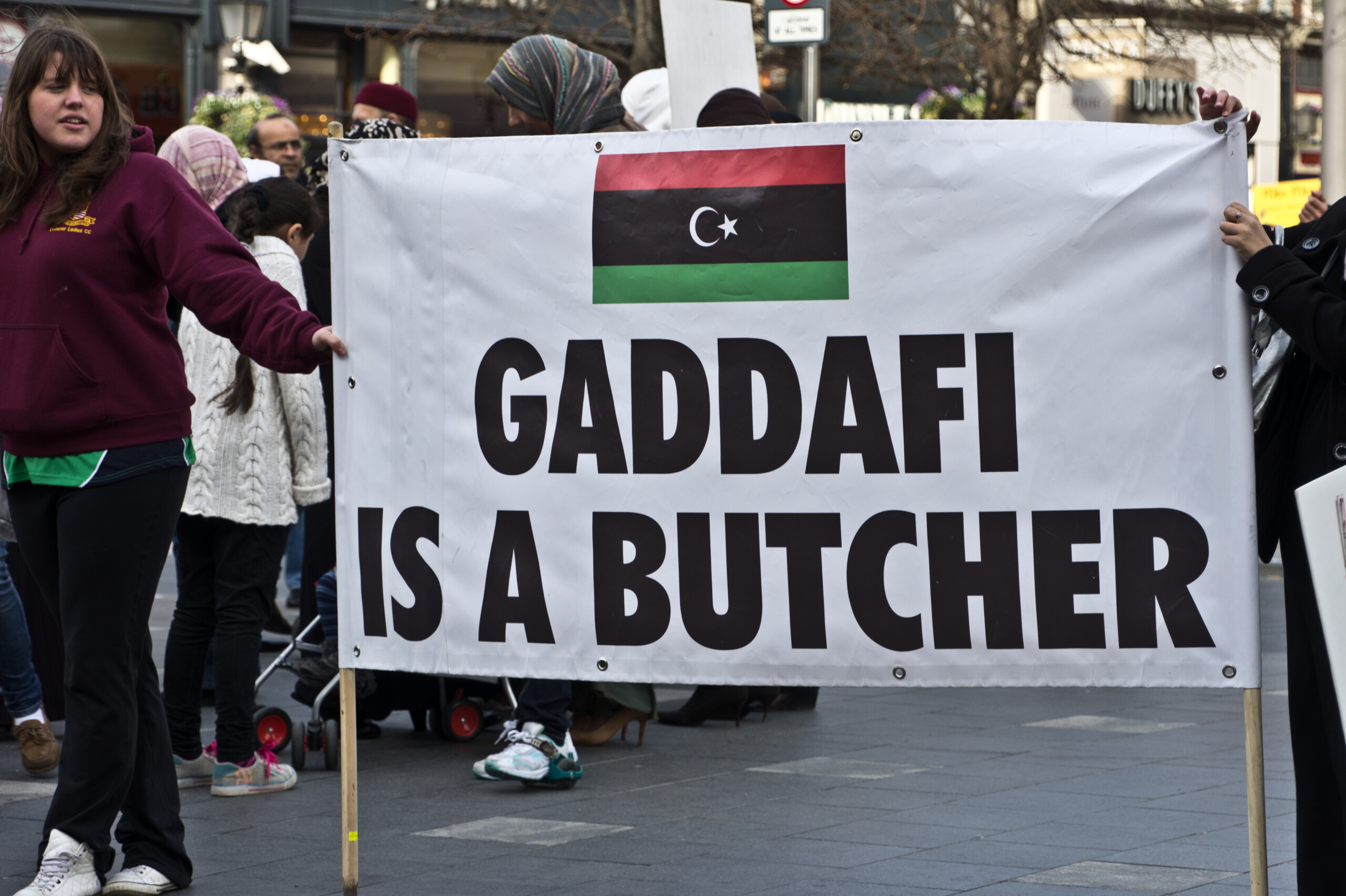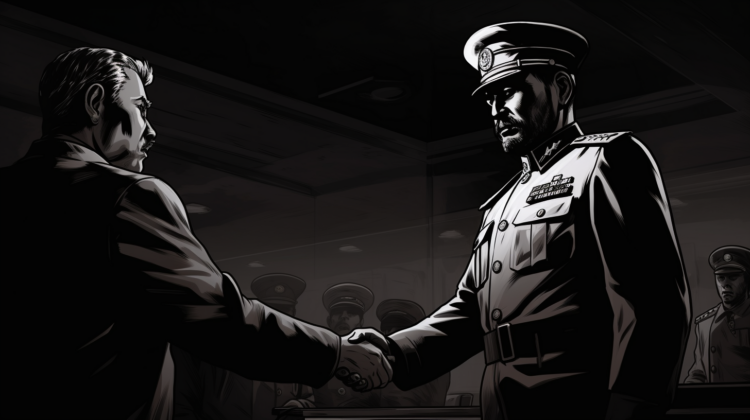The intricacies of such decisions go beyond immediate profit. They also determine the pace and path of international relations for decades.
The Ethical Implications: Not Just Black and White
On the surface, the ethical stance might seem straightforward: don’t sell weapons to those with questionable records.

But scratch beneath that veneer and complexities emerge. History provides a guide: in the 1980s, when the U.S. Congress curtailed arms sales to Turkey over human rights concerns, other suppliers like Germany and Italy stepped in to fill the void.
Many proponents argue for the potential of “soft power through arms sales.” This notion has precedent. For instance, the U.S. Foreign Military Sales program often comes bundled with training and partnership programs. They aim to foster better military practices in recipient nations.
Conversely, some view arms sales through a strictly business lens, akin to selling any other commodity. They argue that ethics complicates an already complex trade.
Yet, the question remains: Can we genuinely disregard the repercussions? After all, evidence suggests that arms sold to Saudi Arabia have been used in Yemen, leading to civilian casualties. So, do sellers hold responsibility when their weapons harm innocent civilians?
Ripples on the Global Pond
When nations sell arms to human rights violators, the aftershocks reverberate far beyond the immediate transaction.
Consider the 1980s, when various global powers supplied weapons to countries in the Middle East and Latin America. Those arms, in many cases, prolonged conflicts and deepened civil unrest. And in recent years, nations like Yemen and Syria have become battlegrounds due in part to foreign-supplied weaponry.
The balance of power isn’t the only thing at stake. Remember the backlash against nations that sold arms to Libya under Gaddafi? Such decisions can tarnish reputations, leading to strained diplomatic relations and trade sanctions.

And the human toll? Heart-wrenching. The Syrian conflict, exacerbated by foreign arms, has led to the displacement of millions and the loss of countless innocent lives.
The Citizen’s Role
While the decisions to sell arms happen in closed-door meetings, citizens have a role to play. With the information age at our fingertips, staying informed is the first step.
But it shouldn’t end there. Voting, advocating, and holding our leaders accountable are crucial. Governments exist to represent the people’s interests. And if selling arms to human rights violators isn’t in line with our values, it’s up to the people to voice that.
A Complex Web of Decisions
The debate over selling arms to human rights violators will not resolve overnight. It’s a complex issue that intersects commerce, politics, ethics, and human rights.
But one thing’s for sure: the choices made have real-world implications. And it’s essential to approach them with a blend of pragmatism and moral integrity.










COMMENTS